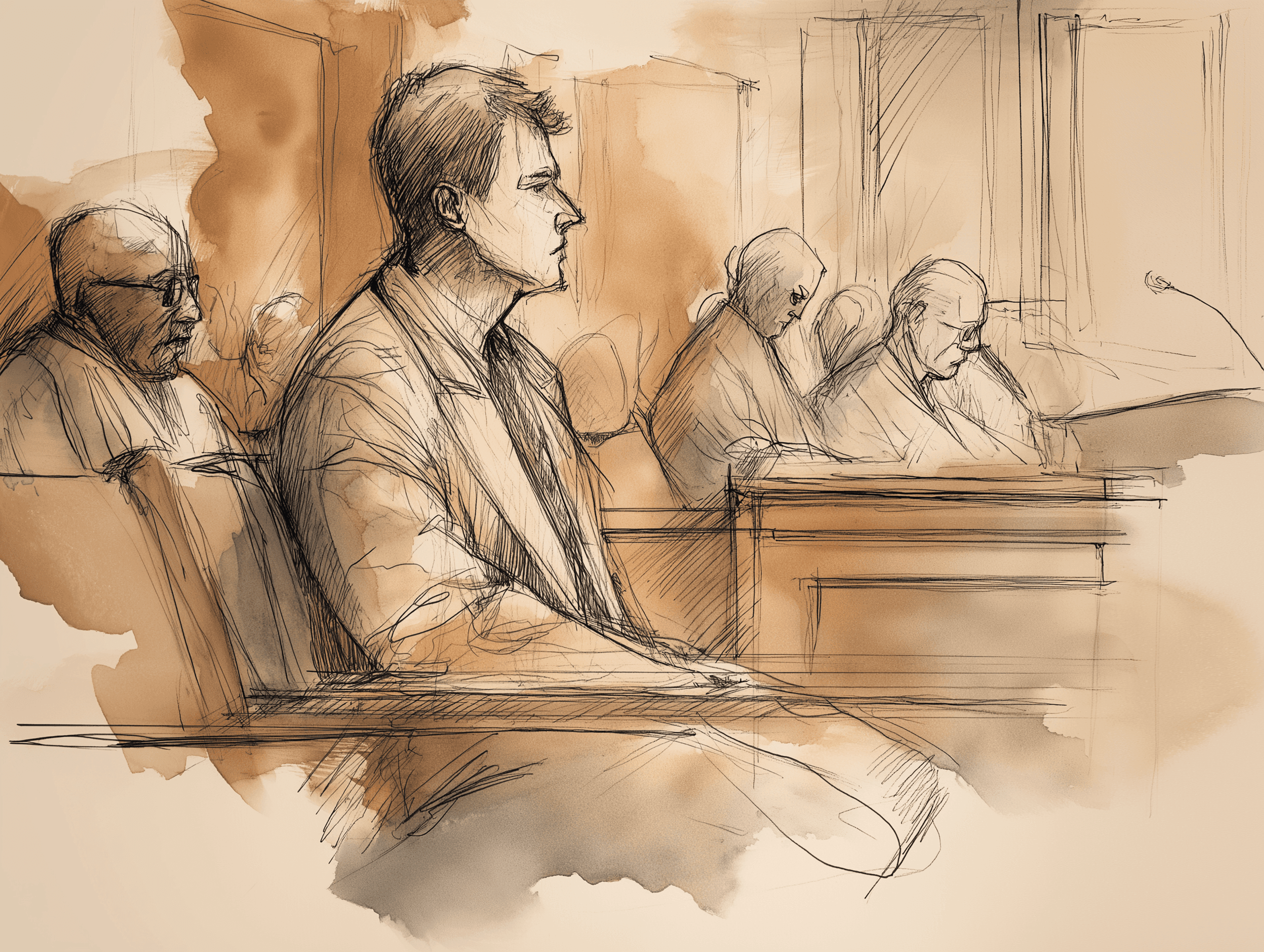
The following information is specific to Massachusetts and provides additional patient rights and protections under state law.
Patient Rights & Options Under Massachusetts Law
Partial prescription fills for certain controlled medications: Under Massachusetts General Laws Chapter 94C, Section 22(c) (regarding partial fills of Schedule II medications), patients have the right to request partial fills of certain Schedule II prescriptions. While this law was created with pain management in mind, it reflects a statewide commitment to medication safety and patient empowerment that we support in our mental health practice. For psychiatric medications like stimulants, this means:
Your choice: You can request to fill only part of your prescribed stimulant medication rather than the full amount
How it works: You can fill the remainder of your prescription later, up to the total amount prescribed
Benefits: Reduces medication in your home, lowers risk of theft or diversion, and gives you more control over your ADHD treatment
Practical application: This might be useful when starting a new stimulant medication or when concerned about storage security
No pressure: This is your choice - you are not required to use partial fills if you prefer to fill the complete prescription
Electronic Prescription Requirements
Massachusetts law (MGL Chapter 94C, Section 1, defining electronic prescribing requirements) defines specific requirements for electronic prescriptions:
Enhanced security: Electronic prescriptions must meet federal requirements under the DEA's EPCS rules for controlled substances to prevent fraud and ensure accuracy
Direct transmission: Prescriptions are sent directly from your healthcare provider to your pharmacy electronically
Patient benefits: Reduces errors, prevents prescription tampering, and speeds up the pharmacy process
What to expect: Your healthcare provider will send your prescription electronically rather than giving you a paper prescription for most controlled substances
Authorized Prescribers in Massachusetts
Massachusetts law (MGL Chapter 94C, Section 1, defining authorized practitioners) recognizes a broad range of healthcare providers who may prescribe controlled substances when appropriate for your care:
Medical Practitioners:
Physicians (medical doctors) – [MD, DO, MBBS]
Dentists [DDS, DMD]
Veterinarians (for animal patients)
Podiatrists (foot and ankle specialists)
Advanced Practice Providers:
Nurse practitioners: Registered nurses with advanced training authorized to prescribe medications
Nurse anesthetists: Specialized nurses who manage anesthesia and pain control
Psychiatric nurse mental health clinical specialists: Advanced practice nurses specializing in mental health treatment
Specialized Providers:
Optometrists: Eye care professionals authorized to prescribe certain therapeutic medications for eye conditions
Physician assistants: Healthcare providers who work under physician supervision
Institutional providers: Hospitals and healthcare facilities & Registered pharmacies (for dispensing)
Massachusetts Controlled Substance Scheduling
Massachusetts uses a dual system for classifying controlled substances (MGL Chapter 94C, Section 2, establishing state scheduling authority):
Federal scheduling: Massachusetts incorporates the five federal schedules (I-V) described earlier in this document
State classification system: Massachusetts also uses Classes A, B, C, D, and E that correspond to federal schedules
Additional state schedule: Massachusetts includes a sixth schedule that covers prescription drugs not included in the first five federal schedules
What does this mean for patients:
Your medications are regulated under both federal and state laws
This dual system provides additional oversight and patient protections
Healthcare providers must comply with both federal and Massachusetts requirements
The scheduling helps ensure appropriate medical supervision for different types of medications
Massachusetts Patient Protections
Prescription Monitoring:
Massachusetts maintains a prescription monitoring program to enhance patient safety
Helps prevent dangerous drug interactions and ensures coordinated care
Protects patients from receiving incompatible medications from different providers
Quality Assurance:
State licensing and oversight of healthcare providers and pharmacies
Regular inspection and monitoring of facilities that handle controlled substances
Established procedures for reporting and addressing concerns about patient care
Legal Protection:
Clear definitions of legitimate medical use versus non-medical use
Protection for patients who use medications as prescribed for legitimate medical conditions
Established procedures for healthcare providers to ensure appropriate prescribing
Resources and Support
If you have questions about your rights:
Discuss concerns with your healthcare provider
Contact the Massachusetts Department of Public Health for general information about controlled substance regulations
Consult with your pharmacist about prescription options and requirements
If you need treatment for substance use concerns:
Massachusetts offers various treatment resources and support programs
Treatment for substance use disorder is considered healthcare, not a criminal matter
Many insurance plans cover substance use disorder treatment
For prescription-related issues:
Board of Registration in Pharmacy handles pharmacy-related concerns
Board of Registration in Medicine addresses physician-related issues
Your healthcare provider can help coordinate with appropriate state agencies if needed
Disclaimer: This article is intended for general informational purposes only and should not be considered medical advice or a substitute for individualized healthcare. All content published on PsychConcierge.com is reviewed and approved for clinical accuracy, though individual author perspectives may vary within our care team. Information is current as of the publication date and may be updated without notice. For personalized guidance, please consult a qualified mental health professional. If you are experiencing a mental health crisis or emergency, please call 911 or contact the Suicide & Crisis Lifeline at 988.

Daniel Newman
Managing Clinician





